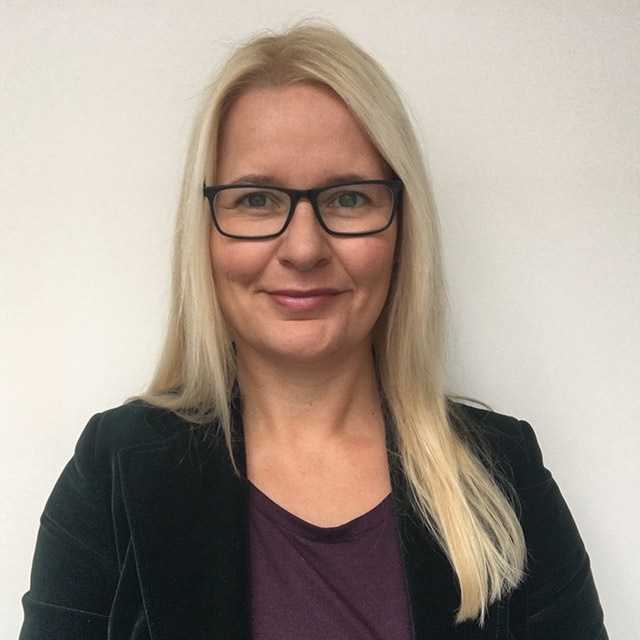
The duty of states to protect their own citizens can be a matter of life and death. Karen Smith, in her role as the United Nations (UN) secretary-general’s special adviser on the responsibility to protect, plays a crucial role in promoting this duty.
Leveraging her knowledge and understanding as an academic in the field of international relations, Karen seeks to translate complex ideas about the limits of sovereignty, the responsibilities of states towards their citizens, and the importance of preventing conflict into practical advice for hard-pressed policymakers.
She acts as a bridge between two worlds: the academic and the diplomatic. When not advising the world body, she lectures at the University of Leiden in the Netherlands.
“I wear two hats,” she says.
“At the UN and in the policy world more generally, decision-makers often have to deal with very serious matters as a matter of urgency. They do not always have the time to read, think and reflect in the way that academics are able to do. We need more interlocutors who are able to translate the valuable research being generated by scholars into more practical policies.
“I find that there is often much misunderstanding between academics and practitioners of international relations, when in fact there is so much potential for complementarity.”
The responsibility to protect (R2P) approach, which was agreed by the UN’s 193 member states in 2005, places a responsibility on individual states to protect their citizens from the most heinous crimes, such as genocide, crimes against humanity, war crimes and ethnic cleansing, and on the global community to act if states are unwilling or unable to protect their citizens.
In an international system, which had previously considered the sovereignty of states to be sacrosanct, R2P “constitutes a radical departure from ‘business as usual’,” says Karen.
To a large extent, the approach was forged in Africa in response to the international failure to prevent the 1994 genocide in Rwanda, in which an estimated 800 000 Tutsis and moderate Hutus were killed, as well as that in Bosnia the following year.
The R2P approach underpins the establishment of the African Union (AU), although “some states on the continent resist what are perceived as attempts to interfere in their internal affairs, and mistrust the agendas of some members of the international community”.
“Nevertheless,” Karen says, “much progress has been made on seeking to prevent atrocity crimes, for example, through continental and sub-regional early warning systems.”
“This bodes well for increased African ownership of the principle.”
However, on the global stage, the post-Second World War system for promoting internationally agreed actions to build peace is seen as being under threat. “There is currently much anxiety about the future of multilateralism,” says Karen.
“Sadly, we are seeing the public in many states who are disillusioned by their governments’ inability to fulfil promises made reverting to an inward-looking nationalism that is undermining much of the progress that has been made in the areas of internationalism; the promotion of human rights; and tolerance of difference more generally.”
Karen’s commitment to international activism reflects her personal outlook: “I have always had a passion for travelling and discovering new people, places and cultures.” At the same time, she describes herself as “an academic and a teacher at heart”. Which may explain why she says she is “increasingly grateful to spend time at home, catching up with friends or reading a book”.
She attributes the strength of her intellectual foundations, as well as her interest in the UN, to Stellenbosch University (SU), where she acquired a political science doctorate.
“I have always thought of SU as part of my extended family. There is something about the town, the people and the culture of the institution that makes it very different from other institutions where I have been based – although I also recognise that this is not everyone’s experience of the University and town.
“I still return to Stellenbosch once a year to teach a short course as part of the International Office’s summer school.”
- By Mark Paterson -